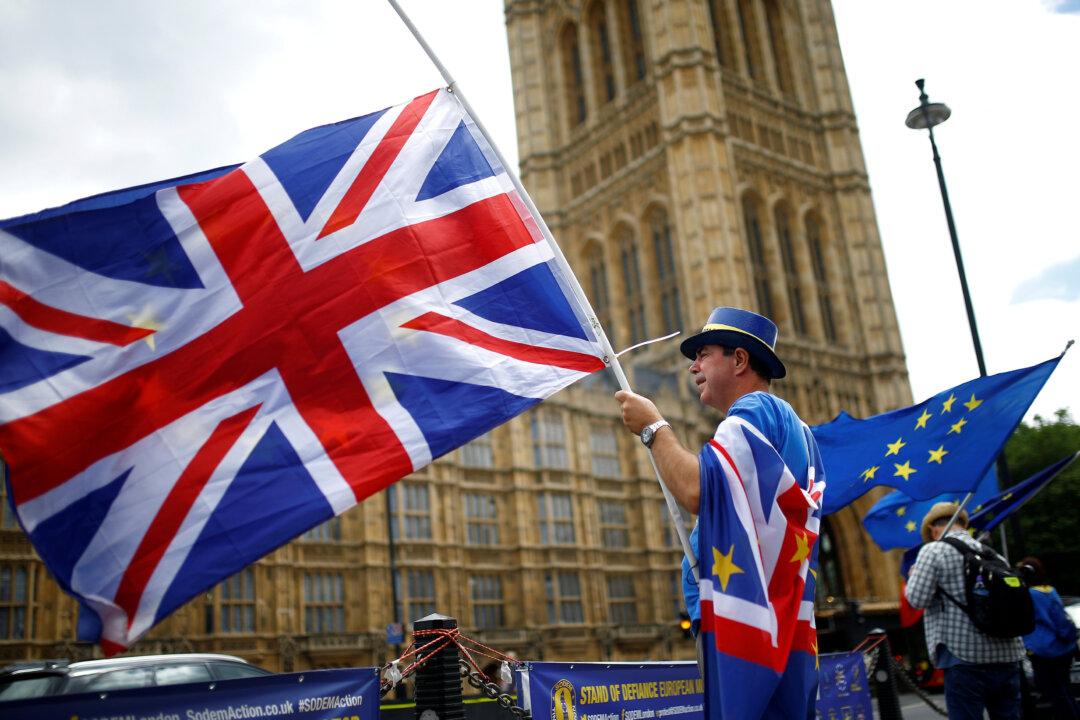LONDON—To remain or to leave—that is the burning question. On June 23, the British public will be making a choice: for the United Kingdom to remain a member of the European Union or leave. As the referendum draws close, both sides are stressing to voters that this is a once-in-a-generation vote.
At the heart of the debate are two concerns: immigration and the economy. Both issues have been at the forefront of the stay and leave campaigns.
A lot of people I know keep changing their minds.





